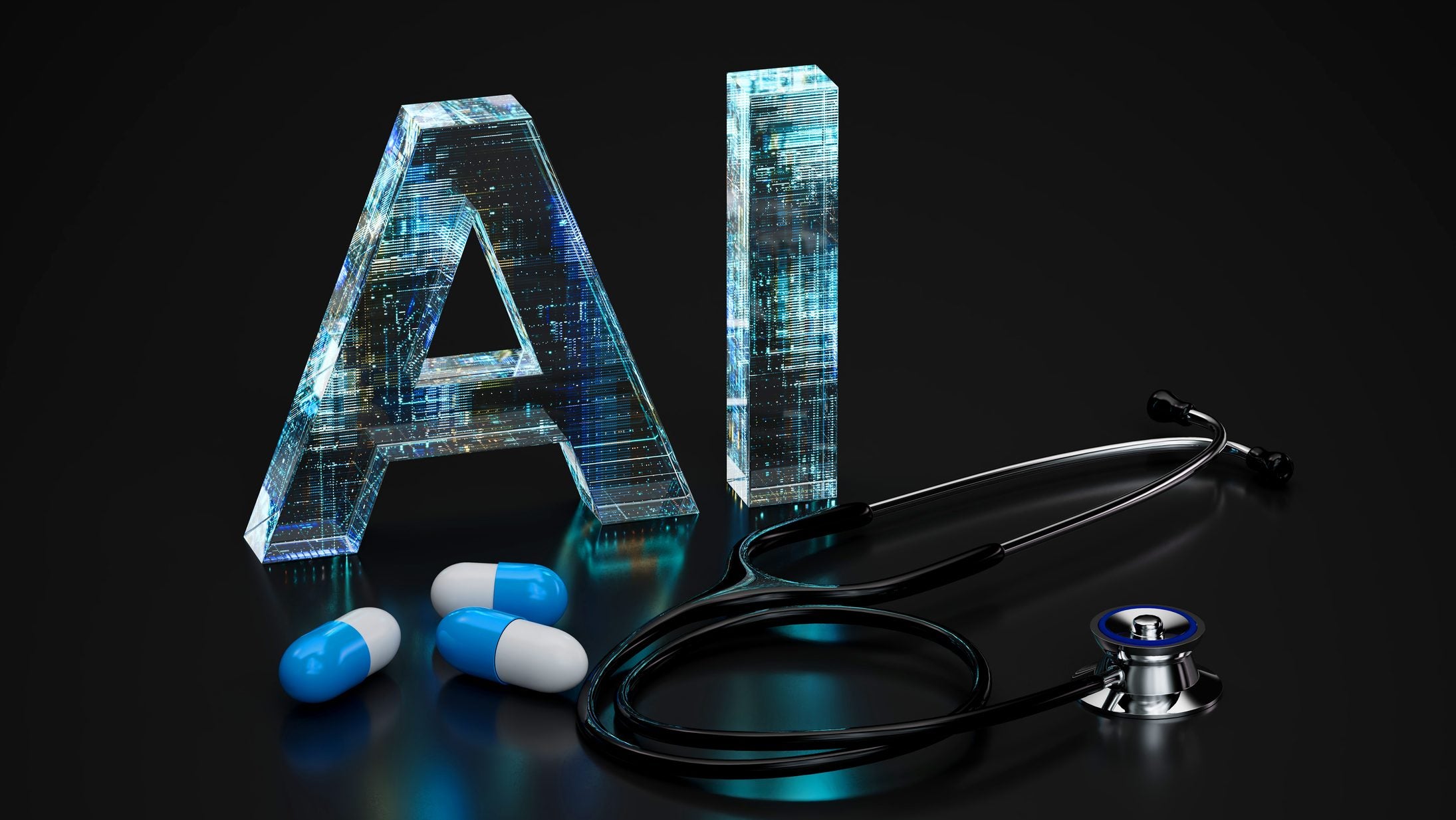
Eli Lilly and BigHat Biosciences ink AI antibody discovery deal - Pharmaceutical Technology
作者:Jenna Philpott
The agreement adds to Eli Lilly’s growing portfolio of AI-enabled drug discovery partnerships.

Eli Lilly has signed a new research deal with BigHat Biosciences to co-develop next-generation antibody therapeutics, as the pharma company continues to expand its capabilities in artificial intelligence (AI)-driven drug development.
The agreement covers up to two antibody programmes, with BigHat responsible for the design and engineering of therapeutic antibodies using its proprietary Milliner platform. Financial terms of the deal have not been disclosed.
The Milliner platform combines machine learning (ML) with a synthetic biology-based high-speed wet lab to address key challenges in antibody development. The technology is designed to optimise multiple antibody attributes simultaneously – including affinity, specificity, immunogenicity, and manufacturability – with the goal of accelerating the development of biologics with improved therapeutic profiles.
As part of the agreement, Lilly is making an equity investment in BigHat and providing additional support through its Catalyze360 initiative. This includes backing BigHat’s internal gastrointestinal (GI) cancer antibody-drug conjugate (ADC) programme, which is expected to enter clinical trials in 2026. BigHat will retain full global rights and development control over the ADC.
The deal represents a continued push by Lilly to expand its use of AI in drug discovery and development. In 2023, the company partnered with OpenAI to identify new antimicrobials targeting drug-resistant bacteria and announced a $409m deal in 2024 with Genetic Leap, focused on RNA-targeted therapies.
This news was announced the same day (17 April) as high-profile results from Eli Lilly’s oral glucagon-like peptide-1 receptor agonist (GLP-1RA) drug orforglipron, which sent the multibillion-dollar pharma company’s shares to increase significantly.
For BigHat, the collaboration with Lilly adds to a growing portfolio of strategic partnerships. The company has previously announced research collaborations with Johnson & Johnson (J&J) focused on neuroscience applications and with AbbVie in a deal that included a $30m upfront payment and up to $325m in milestones. The AI-driven company has also struck deals with MSD and Amgen.
Founded in 2019, BigHat is advancing a pipeline of preclinical programmes across oncology and immunology. These include next-generation ADCs and functionally differentiated T-cell engagers (TCEs). In November 2024, BigHat acquired commercial licensing rights to Synaffix’s site-specific ADC technology platform, which it is using in its lead GI cancer ADC programme. The programme is currently in the investigational new drug (IND)-enabling stage and is expected to become BigHat’s first clinical candidate.
“Partnering with Lilly represents an exciting opportunity to harness the full potential of AI-driven biologic design,” said Peyton Greenside, CEO of BigHat, in the 17 April announcement.
Many drug companies have begun using AI to streamline the drug development process. Speaking on a panel at the 2024 BIO CEO & Investor Conference in New York on 27 February 2024, BigHat’s chief business officer Liz Schwarzbach said that AI can act as a “toolkit” to expand what the industry can already do.
According to a survey by GlobalData, the parent company of Pharmaceutical Technology, AI is considered the most disruptive technology among businesses, including in the healthcare industry.
